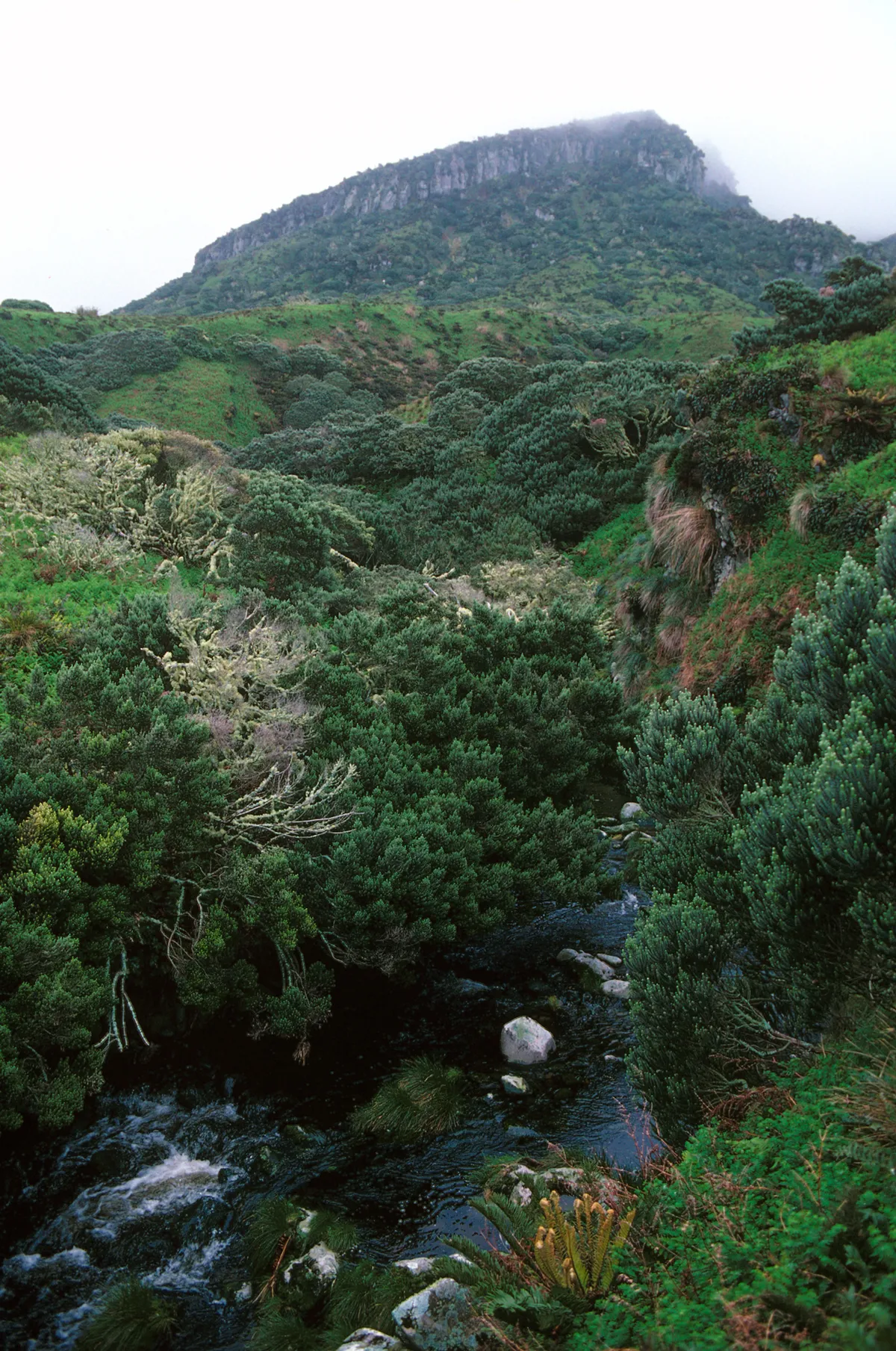A new study has found that culling invasive mammals, such as rats, cats, goats and pigs from 169 islands worldwide could benefit nearly 10% of the earth’s threatened species.
Since 1500, many of the islands have seen 75% of known bird, mammal, amphibian and reptile extinctions, with many of these losses caused by the introduction of non-native species.
The report published in PLOS ONE found that if introduced mammals were removed from the targeted islands, including 20 in the UK’s Overseas Territories, then 9.4% of world’s most threatened island species would have a better chance of survival.
“Eradicating invasive mammals from islands is a powerful way to remove a key threat to island species and prevent extinctions and conserve biodiversity”, said Dr Nick Holmes, lead author on the study from Island Conservation.
“This study is an invaluable global assessment of where these future conservation opportunities exist and supports regional and national decision-making about where and how to prevent extinctions.”
The paper ranks islands in order of their priority for restoration. Gough Island, a UK World Heritage Site which is part of the British Overseas Territory of Tristan da Cunha in the South Atlantic, is ranked third and is currently the subject of a planned programme of mouse removal.
On Gough Island, introduced mice are eating seabird chicks, resulting in two million fewer seabird eggs and chicks on this British island each year and putting some British bird species at high risk of extinction.

As part of the Gough Island Restoration Programme, work is underway to eradicate mice from Gough Island in 2020 to restore it to one of the most important seabird colonies in the world. This will help save two Critically Endangered UK bird species (the Tristan albatross and Gough bunting) from extinction.
Another UK island identified as being of global importance for restoration is Henderson Island, a UK World Heritage Site in the Pacific, part of the Pitcairn group. A rat eradication project here would save the Endangered Henderson petrel.
Jonathan Hall, the RSPB’s Head of UK Overseas Territories, said “This study shows how important it is to remove invasive mammals from islands to prevent further extinctions. What is needed now is the political will and funding to help carry out this much needed work and restore these islands to their previous magnificence.”